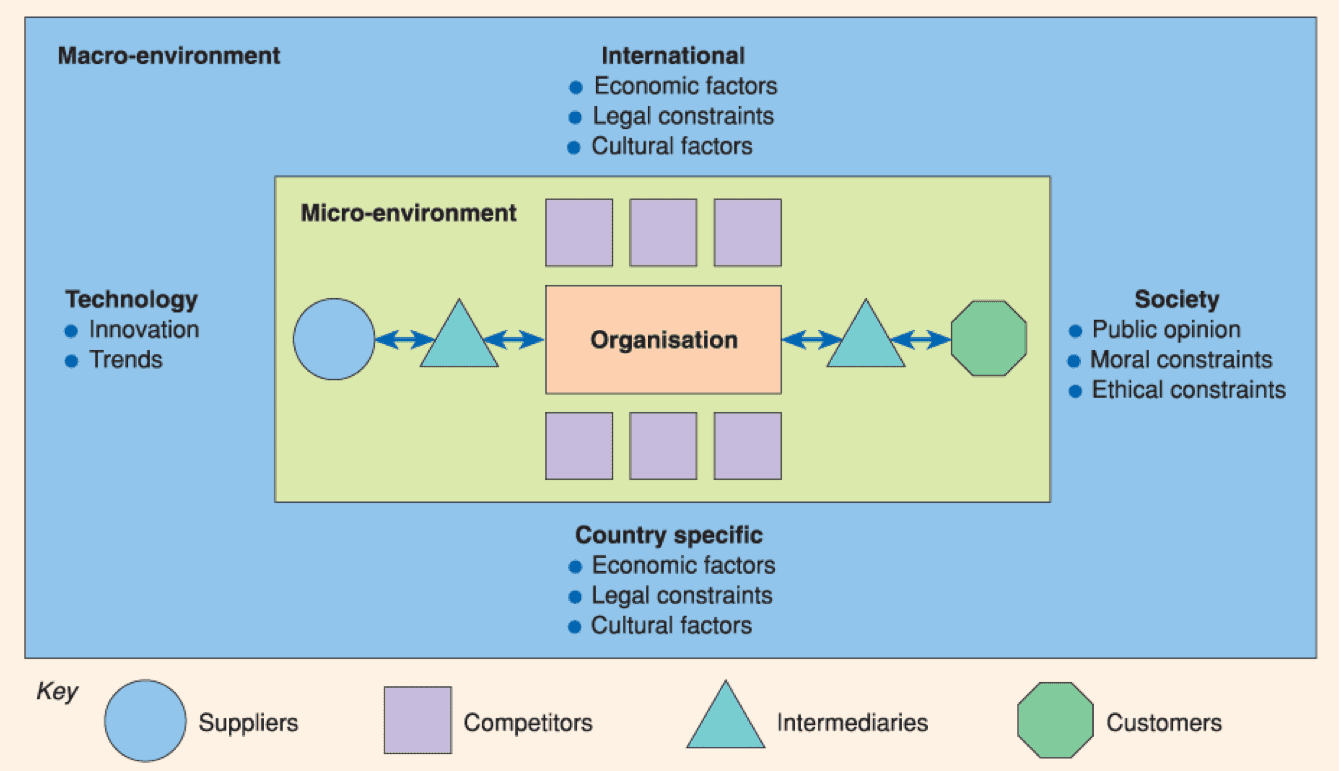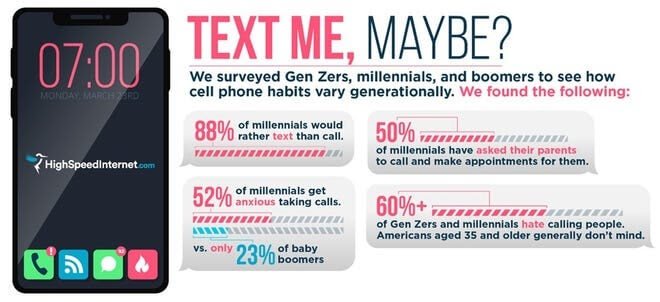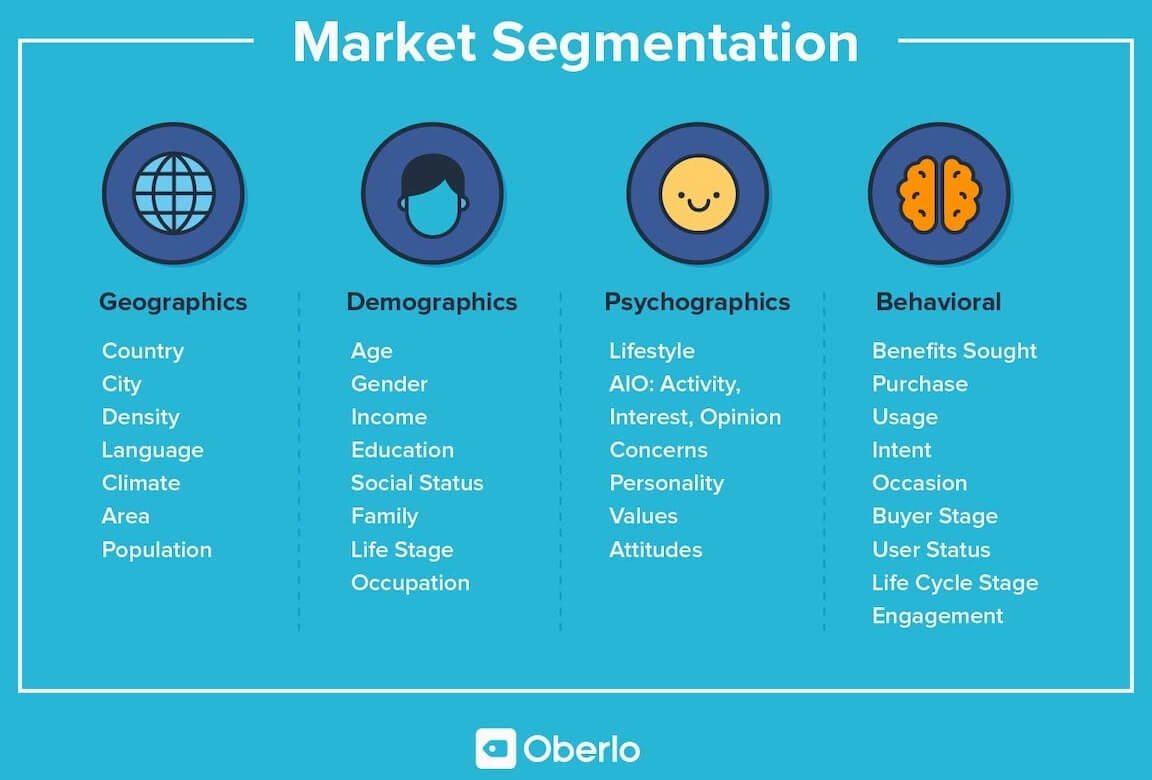Most organizations strive to engage with their customers at a high level. However, engagement with the right audience at the right time can be difficult to achieve. When assessing who to target in your lead generation efforts, it’s important to find the right demographic best suited for your offerings. While an organization may target a wide variety of people, Millennials are currently a common demographic to approach. In order to effectively develop and cultivate leads, it’s best to understand a few key customer engagement strategies for Millennials.
Keep reading or use the following links to “jump” ahead:
- Customer Engagement Strategies for Millennials
- Complete a Marketplace Analysis
- Understand the Modern B2B Buyer Journey
- Know Where Millennials Go for Information
- Provide a Bargain
- Properly Segment Content
- Develop Personalized Mobile Messaging
- Utilize Data Resources
Customer Engagement Strategies for Millennials
When comparing millennials to other generations like Generation X, Generation Y, and Generation Z, there are many differences to consider.
Millennials operate very differently when making purchase decisions. For example, a Baby Boomer may call a retailer while a Millennial would rather surf the web before calling. Due to the constant changes in how this demographic operates, it’s vital to stay updated on the following customer engagement strategies to boost engagement and generate leads.
Complete a Marketplace Analysis
To effectively target Millennials, it’s important to understand how this audience behaves. The first step in learning more about this demographic involves completing a marketplace analysis.
-
What is Marketplace Analysis?
A marketplace analysis dives deeper into the behaviors and patterns of a target audience. Additionally, it involves an assessment of the industry, competitors, and other market variables. The process involves the following three elements:
- Customer Analysis: Understanding more about the needs and wants of the customer in order to provide relevant offerings.
- Competitors Analysis: Reviewing competitors to see how your organization can improve.
- Partner Analysis: Understanding how partners or suppliers help to achieve goals.
As the visual below demonstrates, there are several factors used to complete an effective marketplace analysis. The process involves both internal and external elements.

By completing a marketplace analysis, organizations can better understand the buyer landscape for Millennials. However, effectual customer engagement strategies for Millennials rely on the ability to appeal to this generation by understanding the typical buyer journey of this audience.
Understand the Modern B2B Buyer Journey
It turns out that more and more Millennials are making key B2B buying decisions. In fact, a 2018 survey showed that 13% of Millennials are decision-makers in B2B purchasing. The same survey showed that 28% of them help to influence purchasing decisions within their organizations.
As these numbers are relatively low, we expect those percentages to continue to grow. We learned in 2015 that Millennials are now considered the largest generation in the workforce, passing Boomers.
So, what’s the best forward-thinking approach to increase engagement with Millennials and create more leads? It involves understanding more about the modern B2B buyer journey.
The Millennial buyer journey looks different compared to other generations. According to HIPB2B, 86% of millennials prefer to not engage with sales until the middle of the buying process. Additionally, 67% of the buyer’s journey is now completed in a digital format.
Those statistics show that Millennials will review your website and content before making a purchase decision. Other generations may make a decision much sooner in the process.
-
Privacy
As Millennials enjoy browsing through a website until they decide to make a purchase decision, they don’t like to be pressured. If they open your emails or download something on your site, experts suggest not calling them right away.
While calling them may sound like the most practical decision for your lead generation efforts, it can make them feel pressured. Millennials prefer to stay behind a screen. It’s best to be patient and focus on a lead-nurturing approach.

As the graphic demonstrates, Millennials are far more inclined to text rather than call. As you’re looking to increase customer engagement with this demographic, these findings are important to consider.
-
Sending Nurture Messages
Instead of pressing this generation into a phone call, sending lead nurturing messages is encouraged. Some common types of nurture messages include:
- An introduction or greeting
- Information about a product or service
- Directions
- Call-to-action
- Availability hours
While GenXers and Boomers may prefer to speak with a sales agent about a product or service, Millennials prefer doing research on their own before making a call.
Know Where Millennials Go for Information
Another customer engagement strategy for millennials involves finding where they get their information. It’s vital to understand how they operate online and what information they use to make purchase decisions.
Millennials use some of the less traditional B2B sources to find their info. According to MarketingSherpa, 38% of Millennials rely on industry analysis when making decisions about what B2B products/services to purchase or recommend to others. 36% rely on in-person meetings with vendors, while 33% of Millennials gather information from a vendor’s website.
-
Building Trust
Why do you think Millennials rely on an industry analysis when making B2B purchase decisions? For the most part, it involves trust.
Industry-analysis content gives your brand third-party validation that creates trust in the eyes of the buyer. If a Millennial is able to see that you’re a reputable brand in the industry, they are more likely to become a high-quality lead.
Provide a Bargain
As every adult today has lived through some type of great recession or depression, we all understand the value of a dollar. In fact, the majority of generations are still experiencing the impact of the 2008 recession.
That could point to the fact that Millennials are constantly looking for a good deal. According to MediaPost, 48% of Millennials used online coupons in 2016. That was more than both Gen Xers and Baby Boomers.
While Millennials may not be using their own budget when buying something, these B2B buyers are still bargain shoppers.
To cultivate as many leads as possible, it’s encouraged to send out coupons to your entire audience. As everyone enjoys saving money, providing coupons can be a driving force for increasing conversion for your Millennial shoppers.
Properly Segment Content
Another smart tactic is to ensure your content is segmented effectively. Content segmentation involves positioning your website to effectively convert visitors into buyers. Due to how differently Millennials operate online, it’s important to know which content segmentation strategies work best for this demographic.
The process starts by first assessing what you see working for each age group. Through A/B testing and optimization, organizations can determine what types of content these audiences enjoy. Following that step, you’ll then want to target those generational demographics based on your findings.
As the graphic below indicates, four key areas must be understood to properly segment content. Given how different age groups are more responsive to specific types of content, understanding the proper segmentation process can allow you to make smarter, more relevant decisions with your messaging.

Develop Personalized Mobile Messaging
According to The Future of Customer Engagement and Experience, personalized mobile messaging is what drives conversions. These messages are more relevant when received via text, and these messages receive higher open rates compared to other mobile marketing tactics. Furthermore, mobile messaging boosts customer loyalty.
While mobile messaging is a driving force for millennials, it also provides these benefits for retailers:
- SMS works on any device and any network
- Requires no apps to download
- Relatively inexpensive
- Easy to implement
- Safe and secure
- A simple source of communication
- Cost-effective
With the abundance of digital services available today, it’s easy for retailers to start mobile engagement strategies to boost lead generation. Areas such as shipping and account alerts are easy places to start. From there, an organization may choose to promote personalized marketing offers or even a loyalty program.
Another part of your personalized mobile engagement strategy could include two-way communications with customer service, personalized shopping assistance, and surveys and polls that operate in real-time.
-
Intelligent Notification Platforms
Organizations may choose to utilize intelligent notification platforms in their mobile messaging strategy. These are used to improve service quality for the customer. Without it, users may receive the wrong messages on the wrong devices.
These platforms help to ensure the following:
- Messages reach the right user on the right device
- Messages align with objectives
- Interactions are private, safe, and secure
- Messaging is reliable
- Interactions build customer loyalty
- Messaging increases engagement
Utilize Data Resources
Understanding more about Millennials involves understanding more about the data at your disposal. Luckily, there are many avenues to find valuable data insights regarding how the Millennial audience behaves online.
Today, it’s even possible to get near-real-time anonymized mobile data aggregated from millions of mobile users from across the world.
To provide the most relevant and timely messaging, you should leverage internal and external data sources and intelligent notification platforms as well as account based selling if it fits. This can ensure your organization has the most relevant, valuable data to drive your lead cultivation efforts. It can also ensure the right content is delivered to the right audience at the right time.
Boosting customer engagement with Millennials involves utilizing high-quality lead management software. Contact LeadBoxer today to learn more about its sophisticated lead and customer data platform.
